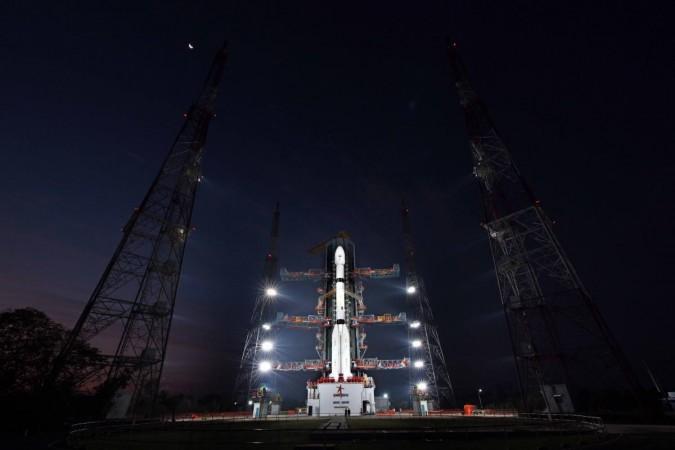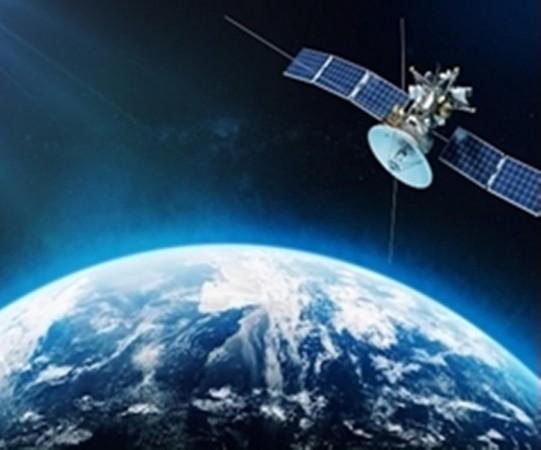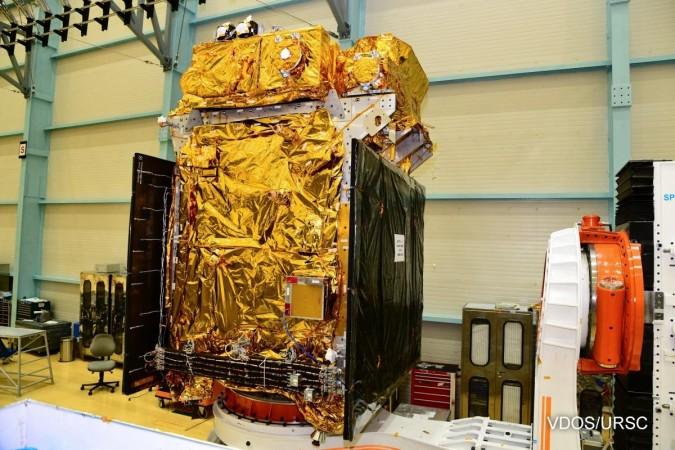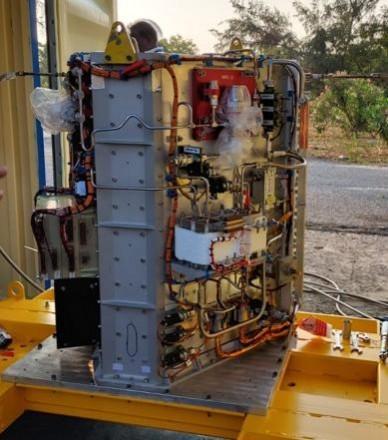
Agnikul's Agnibaan, India's first semi-cryogenic engine rocket, successfully launched from the privately developed launchpad 'Dhanush'.The Agnibaan rocket, capable of carrying up to 300 kg to a height of 700 km, is powered by liquid oxygen and kerosene.The launch is a significant step for India's private space industry, aligning with the Indian Space Policy 2023 and new FDI regulations.Agnikul plans an orbital mission by the end of the financial year 2025, with regular flights starting from 2025.
India's space industry has taken a significant leap forward with the successful launch of Agnikul's maiden rocket mission, Agnibaan. The startup from the Indian Institute of Technology (IIT) Madras has made history with this launch, announced by Union Minister Rajeev Chandrasekhar as India's first flight with a semi-cryogenic engine. The Agnibaan SOrTeD (SubOrbital Technological Demonstrator) rocket is a testament to India's technological prowess, being indigenously designed and manufactured.

The launch took place from 'Dhanush,' India's first privately developed launchpad, established by Agnikul at Sriharikota in Andhra Pradesh. The launchpad is strategically located within the Indian Space Research Organisation's (ISRO) rocket port in Sriharikota. The Union Minister took to social media to congratulate Agnikul and IIT Madras on their achievement, highlighting that the Agnibaan rocket is not only the world's first flight with a single piece 3D printed rocket engine but also India's first flight with a semi-cryogenic engine.
Agnibaan is a two-stage rocket with a capacity to carry up to 300 kg to a height of 700 km. It is powered by liquid oxygen and kerosene, a testament to the innovative use of semi-cryogenic technology. The successful launch of Agnibaan marks a significant milestone in India's space exploration journey, which began with the launch of its maiden rocket in 1963 from the Thumba launch station.

Zoho CEO Sridhar Vembu lauded the Agnikul team for their achievement, calling the launch rocket science. He expressed his awe at the tireless effort it must have taken to achieve this feat. He also emphasized that the nation needs these capabilities and wished the team success in building a big business from this technological foundation.
The Agnibaan launch is a significant step forward for India's private space industry. The successful test flight aims to demonstrate the in-house and homegrown technologies, gather crucial flight data, and ensure the optimal functioning of systems for its orbital launch vehicle, the 'Agnibaan,' by the end of the financial year of 2025.
Lt Gen A.K. Bhatt (Retd), Director General, Indian Space Association (ISpA), hailed the launch as a historical milestone. He called it a huge boost and a proud moment for India's thriving private space industry. He also stated that the success of the launch is just a glimpse into what the future holds for us.

The launch aligns with the recently introduced guidelines for the implementation of the Indian Space Policy 2023 by IN-SPACe and the new FDI regulations. These developments are expected to bolster global confidence in India's private space industry and its growing capabilities.
The successful launch of the Agnibaan rocket is a significant achievement for Agnikul. The company is planning an orbital mission by the end of the financial year 2025 and is working with customers on flights starting regularly from 2025. This launch is a significant step towards achieving these goals.

The successful launch of the Agnibaan rocket is a significant milestone for India's space industry. It not only showcases the capabilities of India's private space industry but also aligns with the country's space policy and future plans. The launch is a testament to the tireless efforts of the Agnikul team and the support of the Indian government in fostering innovation and technological advancement in the space industry. This achievement is a clear indication of the promising future of India's space industry.















